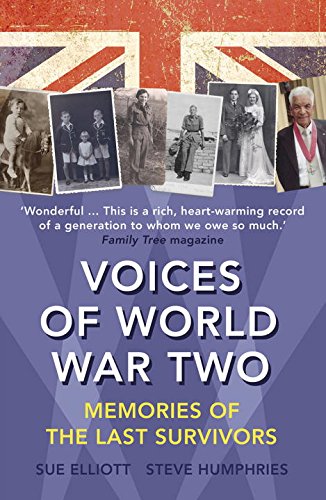Book number 7 – Royal Colonnade: a Terrace in Changing Times is now in print.
This is the biography of a Georgian terrace of four houses in Great George Street, Bristol, and all the folk who lived in them since it was built in 1828. It majors on number 12, the home of Testimony Films and my long-time collaborator, Steve Humphries. After 30 years there, Steve is selling up and relocating the company to his house in Olveston in the neighbouring county of Gloucestershire. It’s a sad time for him as the house is beautiful and very close to his heart, but he now has the consolation of a book that records not only his long occupation there, but the lives of many successive owners and tenants.

“… One of the most engaging histories of Bristol that I have read…”
George Ferguson, former City Mayor
For the moment, this will be privately circulated to a small number of people and local institutions at no cost. In the medium term Steve and I will investigate whether there’s a commercial market for it with a local publisher. House histories are popular – in print and on TV – but I don’t think anyone’s done a whole terrace before.
It was written quickly during the winter Covid lockdown of 2021, based on research by professional house historian Caroline Gurney and with the help of a shelf-ful of histories of Bristol and net searches. It was a joy to write because of the people and events I met along the way.
Unsurprisingly (to me anyway), the residents of Royal Colonnade over nearly two centuries almost always have fascinating stories. There’s the Victorian newly-weds whose union lasts barely a year; the respectable widower who marries an actress who then deserts him to live in sin with a society MP; the shop-girls who save their neighbour from death by fire, the defrocked vicar, the… and so it goes on. Ordinary people with extraordinary stories.
For as long as these stories remain to be uncovered, I will love to reclaim them for posterity.



 The manager Jim could not have been more welcoming and gave the book a wonderful introductory endorsement: “of the half dozen books out for the 50th anniversary, this the one I like the best because it represents the experience of the older men who come into the shop”.
The manager Jim could not have been more welcoming and gave the book a wonderful introductory endorsement: “of the half dozen books out for the 50th anniversary, this the one I like the best because it represents the experience of the older men who come into the shop”. We were both on signing duty and the shop did a brisk trade. Here Steve signs the book for Stephen…
We were both on signing duty and the shop did a brisk trade. Here Steve signs the book for Stephen…




